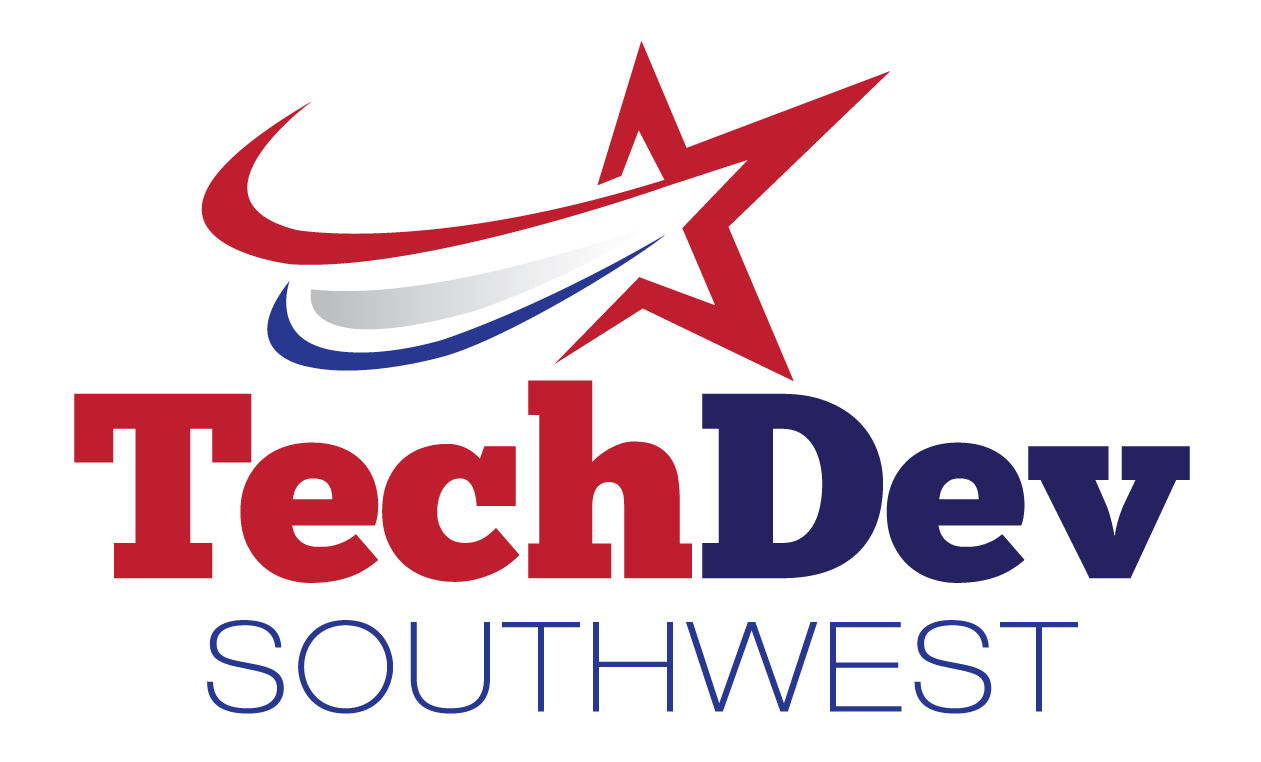 SEO? What’s up with that, Sparky?
SEO? What’s up with that, Sparky?
Search Engine Optimization (SEO) is the process of impacting the visibility of a website (or pages) in a Search Engines’ Results Pages (SERP) (unpaid). It’s often referred to as ‘organic’ or ‘natural’ search. It’s those results that appear after the 3 paid ads in Google searches.
What’s the big deal about that? Well, if you search on ‘real estate agents’ in Google you get 283 million results. 95% of all searchers never go past the 1st page. Your goal is to be on Page 1…and that’s where SEO comes in.
SEO is a journey… not a destination. You do not mechanically put stuff on your website by following a formula and then go sip Mint Juleps. There are standard things you do but in today’s Internet you have to be mindful of how the search engines find you. SEO is ongoing. You have to constantly update your site with fresh content. Why? Google hates static sites. Google is in the business of providing relevant, accurate data to its users. It assumes that if you are not updating your site then it must not be interesting or relevant and it doesn’t need to keep track of you.
SEO is part of your marketing plan. Your objective is to get in front of people who want your products or services…just like old-fashion marketing.
What’s the first step in SEO? Define yourself. {OK, let’s do a little exercise to define yourself. Take 60 seconds in a stream of consciousness} Write down the words and phrases that define your company, your products or services. Your locality. These are your Keywords or Keyword Phrases.
KW Analysis: Using software tools (often the search engines themselves) we generate a comprehensive list of possible keyword combinations that people are using to search for you. We then analyze those lists and throw out the ones least likely to drive traffic to your site. Often we have a number of ‘long tail’ keyword phrases that more finitely define us.
Using those Keywords: From our analytics we incorporate those KW’s in various places on our website:
Page Titles: Using unique page titles with your KW’s helps search engine bots find us more easily
Meta Descriptions: On the SERP page those 2-4 lines of description that follow the larger result title are called the meta description. This tells the bot in summary form what this page is about. There are plugins in WordPress that make it very easy to manage these descriptions.
File Names of our Image files: Search bots are pretty stupid. If they encounter an image file named ‘DSC1034-34r-89.jpg’ they throw up their hands and say ‘Huh?’. If the file is named ‘Mollys-cheese-biscuits.jpg’ that’s fairly clear as to what that is an image of.
…and it goes on. This is just the keyword stuff.
Unique Content: The search engines want unique content. They don’t want to index regurgitated content. Why index your site when some other site has the same info? You can’t just cut and paste from some other source on the Internet. However, I do have tools that will allow you to enter content and it will process the text using synonyms and grammar tools and return it in a different format from the original. One of the best ways to have unique content is to blog on your website. You don’t have to do it every day…maybe once every week or two. You can blog about anything related to your site. Additionally, you should include an image and a link to another page on your site. This is called an internal link and Google looks at those.
Wrapping things up. When I develop a website for someone I can walk away leaving them with the ability to support the site on their own. However, we will probably maintain an ongoing relationship because they have a business to run not a website. I can help them with their future SEO requirements. TechDev can point them in the direction of blog topics. I have resources that they can use to create content for blogs. I can do periodic re-evaluations of their keywords. There are a number of things I can help them with.
